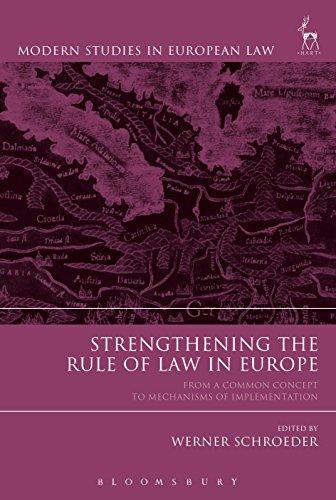Question
a) Why is the criminal standard higher than the civil standard? Why is the presumption of innocence so demanding? b) Why is the civil standard
a) Why is the criminal standard higher than the civil standard? Why is the presumption of innocence so demanding?
b) Why is the civil standard more difficult to satisfy where more serious allegations are made?
c) In the following scenarios identify which party bears the burden of proof, what type of burden it is, and the applicable standard of proof. Suggest how the relevant burden might be discharged in each case (ie, what evidence might the party bearing the burden adduce?).
D is charged with murder and raises the defence of substantial impairment by cognitive or mental health impairment: Crimes Act 1900 ss 18, 23A, http://www.austlii.edu.au/au/legis/nsw/consol_act/ca190082/index.html
D is charged with murder. D raises the defence of self-defence but does not testify or call witnesses. Crimes Act ss 18, 418, 419.
D is charged with possession of and dealing in firearms under s 43 of the Firearms Act 1996. D claims to have a licence. http://www.austlii.edu.au/au/legis/nsw/consol_act/fa1996102/ See also Crimes Act s 417A.
P and D are listed as beneficiaries under the will of T. P brings an action to invalidate D's entitlement on the basis that D murdered T. D was tried and acquitted of the murder on the basis of self-defence.
Revision questions Competence and compellability Jo and Flo, a husband and wife, have been charged with armed robbery.
(a) Are there any circumstances in which Flo could testify for the prosecution against Jo?
(b) Are there any circumstances in which Jo could testify for Flo?
(c) Are there any circumstances in which their seven-year old child could testify for the prosecution
regarding what he heard of their alleged plans to commit the robbery?
Examination in chief and cross-examination
In an assault case the prosecution called the complainant as the first witness. In the course of the examination in chief, the prosecution asks the complainant the following questions:
(i) 'So you met the defendant at the bar. What happened then?'
(ii) 'The defendant punched you in the face, didn't he?'
Defence counsel objects to (i) and (ii). After discussion with counsel the trial judge indicates that (i) is disallowed, but that questions along the lines of (ii) would be allowed.
Later defence counsel conducts cross-examination of the complainant. Defence counsel asks: (iii) 'You never met the defendant that night, did you?' (iv) 'It wasn't the defendant that punched you, was it?'
The prosecution objects. After discussion with counsel, the trial judge upholds the objections.
With reference to this scenario, consider the following questions:
(a) What are leading questions?
(b) Why are they generally not permitted in examination in chief?
(c) When may they be allowed in examination in chief?
(d) Why are they generally permitted in cross-examination?
(e) When may they be disallowed in cross-examination?
(f) Why did the trial judge make these rulings in this case?
Step by Step Solution
There are 3 Steps involved in it
Step: 1

Get Instant Access to Expert-Tailored Solutions
See step-by-step solutions with expert insights and AI powered tools for academic success
Step: 2

Step: 3

Ace Your Homework with AI
Get the answers you need in no time with our AI-driven, step-by-step assistance
Get Started


